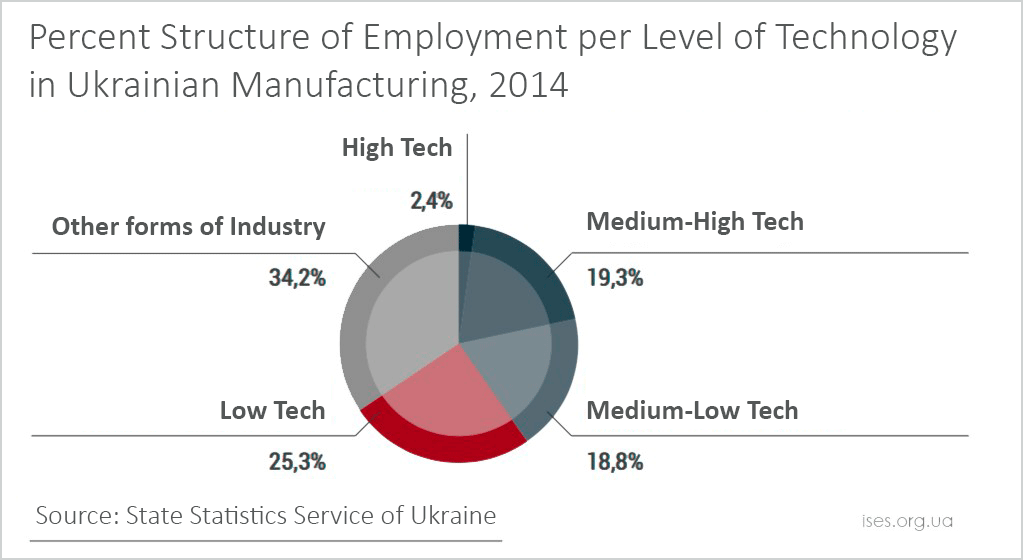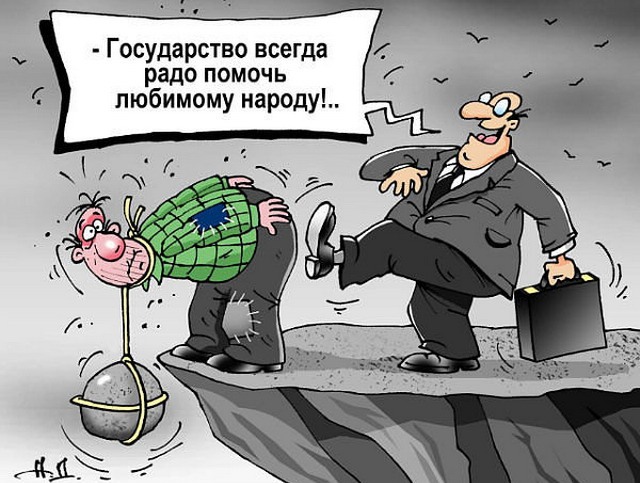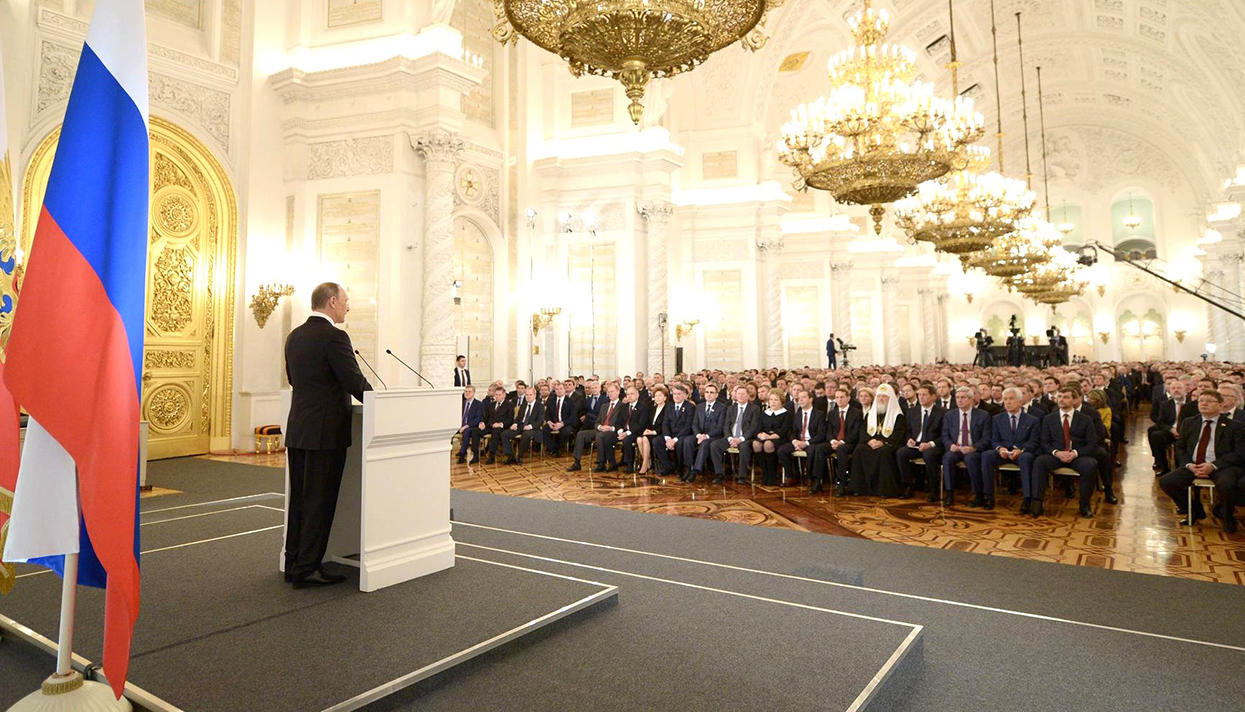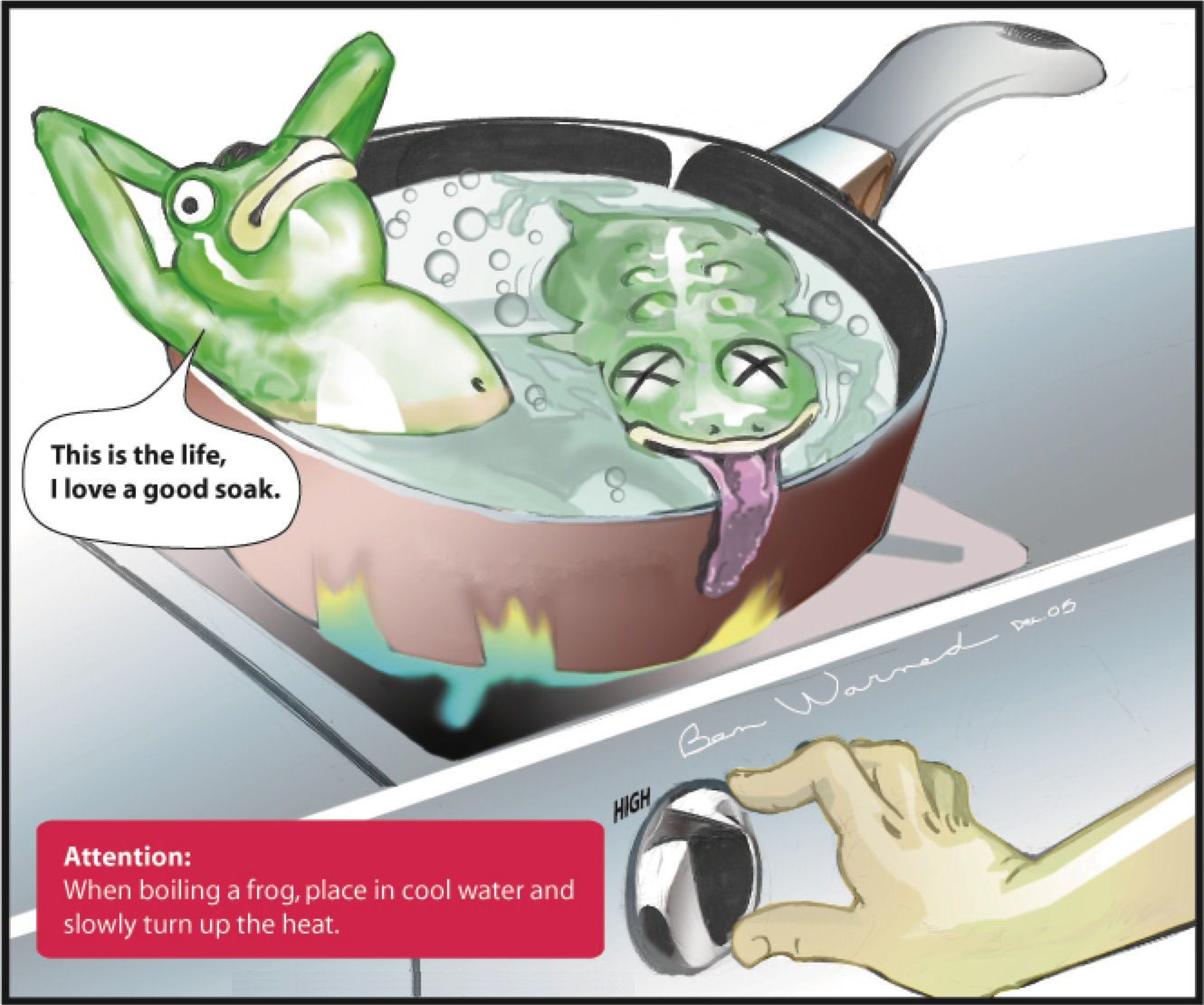Ukraine is one of the largest countries in Europe by territory and educated urban population. It is No. 1 for the area of fertile soil and technical talent; it is the leader in its geographical reach of the largest world markets. The country has cheap electricity and rich mineral deposits, it is open to business and it is a democracy. At the same time, it is a country with mostly poor citizens.
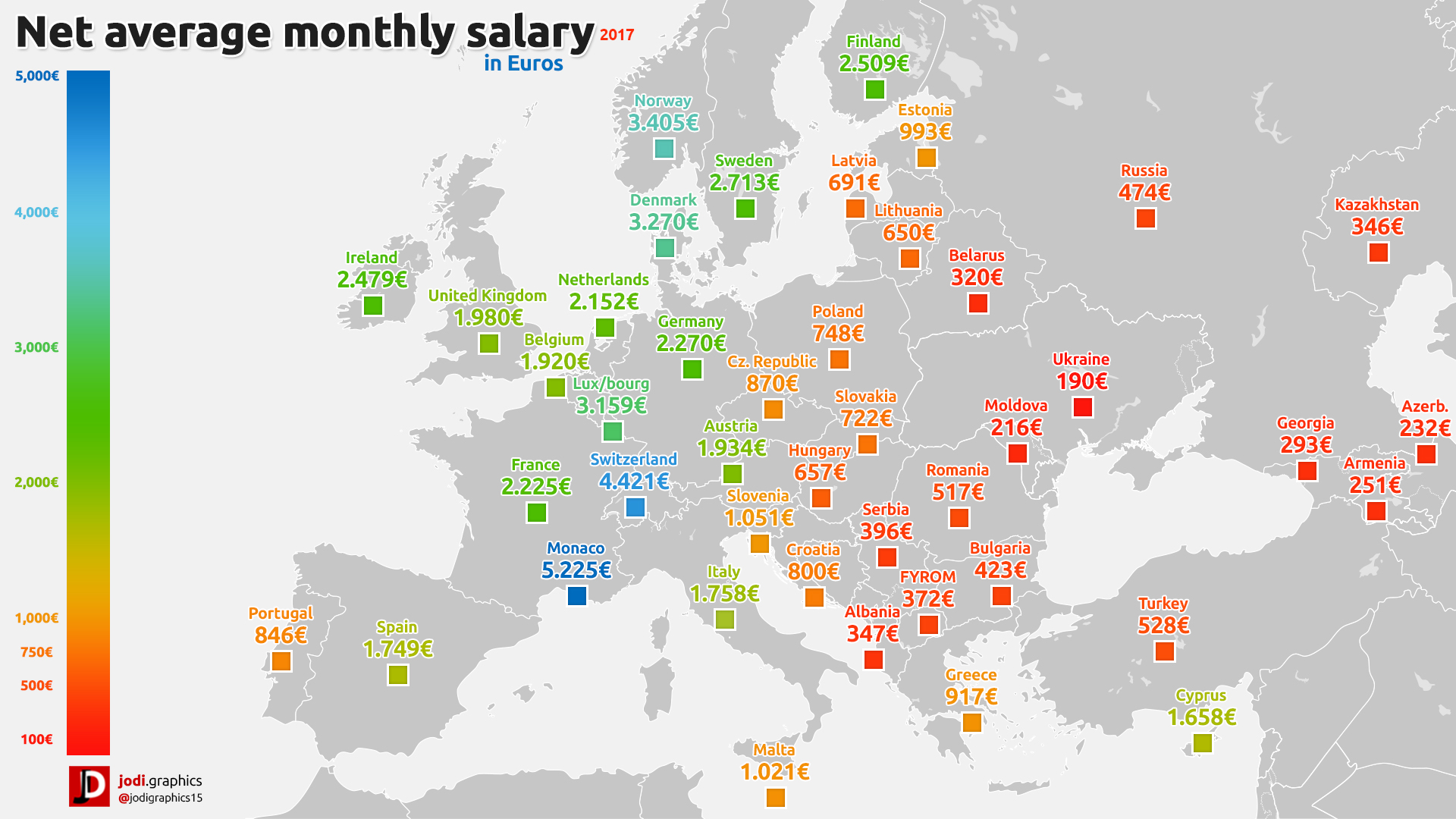
Many explanations exist for this state of affairs. Although politicians and uninformed people love to blame it all on oligarchs, and though the oligarchs steal much from the people, they are not solely responsible.
Truly, the usurpation of economic and political resources lies at the root of Ukraine’s economic decline. But today we are concerned less with reasons than with consequences which are significantly deeper than common corruption or unfair division of wealth.
To understand how to change the situation, let us look at the root of the nature of Ukraine’s poverty.

Hypothesis No. 1: “The fruits of Ukrainians’ labor are stolen”
According to different evaluations the “shadow economy” of Ukraine makes up approximately 40% of Ukraine’s GDP, that is approximately $53 bn. This is money on which no taxes are paid.
Ukraine’s total tax burden adds up to 52.2% of its annual production. Therefore in the situation of full economic transparency, the state budget would receive an additional $28 bn per year.
If one supposes that all the “shadow taxes” were distributed exclusively for salaries of doctors, of teachers, and others of the 3 million Ukrainian state employees, as well as to pensioners, of which there are 13.4 million, then each individual would receive an additional $141 per month. In that situation, the average income of a Ukrainian state employee would theoretically increase from one-fifth of the income of his or her Polish counterpart to one-half.
Not bad. But the market by its own laws will immediately react to an increase in buying power among citizens with an increase in the comparative costs of goods and services. The costs from the increased value would be divided among workers’ salaries of all approximately 14 million workers in Ukraine, as well as among all profitable enterprises.
In result, the standard of living of an average Ukrainian would increase at least twice, but the actual increase in income among the population would come to only $70 USD per month – which added to current Ukrainians’ salaries would still not equal the income in Honduras.
To “fairly,” so to speak, confiscate and distribute among 42 million citizens the entire shadow economy, and not only unpaid taxes, would add to each Ukrainian’s total income a further $56 USD per month.
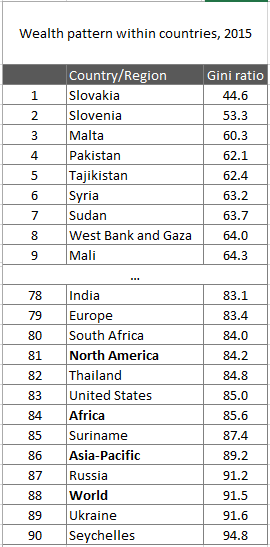
The most recent argument in favor of the “theft” reason for Ukrainian poverty can be found in the phenomenal inequality of the division of assets in Ukraine. According to data from the Credit Suisse Global Wealth Databook 2015, Ukraine’s inequality in the division of assets is ranked at 91.6% (in which 100% is the maximum level of inequality, in which all assets are in the hands of one person). This is [almost, sans Seychelles - ed] the world record.
What would occur if one took into the hands of all Ukrainians not only hidden income but in general all income from all assets which generate this income? Would the common weal then truly prevail?
The global proportion of Per Capita GDP and an average citizen’s income is approximately 1 to 1. This is a static ratio. The GDP indicator includes all values of goods and services produced in a country per year, including the money of oligarchs, land rents, and income from state-owned enterprises.
According to data from the International Monetary Fund in 2015, the per capita GDP of Ukraine was approximately $2,100. Supposing that the average citizen’s income usually equals the per capita GDP in his country, one can roughly assert that $2,100 per year is the arithmetic mean income of all rich and all poor Ukrainians.
Hypothetically, if all rich Ukrainians distributed all their fortune among all their fellow citizens – all Ukrainians would become equally impoverished. [...]And generally, no one would divide up wealth in such an absurd manner.
Conspicuous luxury, which one sees on the streets of large cities, is only the result of the small-scale (in proportion to a national economy) concentration of assets in the hands of a small percentage of the population. To distribute this shadow-wealth among the large mass of impoverished Ukrainian citizens would result in no changes to the general state of poverty. [...]
In ideal conditions and a “Ukrainian economic miracle” – for example, the GDP growth of countries such as China or Japan – the GDP will rise no more than 12% a year, and in such a situation Ukrainians will acquire only $200-300 more each year.
Why is that?
Hypothesis No. 2: “Ukrainians don’t work enough”
This is the most absurd explanation. According to the diagram of the number of working hours in different countries of the world, Ukrainians are one of the most diligent nations on earth. Regardless, the long hours do not improve the well-being of Ukrainians.
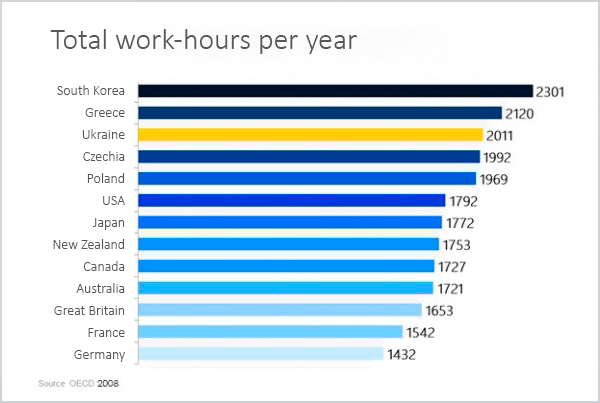
It is not enough to work a lot – one must also work effectively.
Hypothesis No. 3: “Ukrainians do not work effectively”
According to this indicator, Ukrainians are one of the lowest-scoring nations on earth.
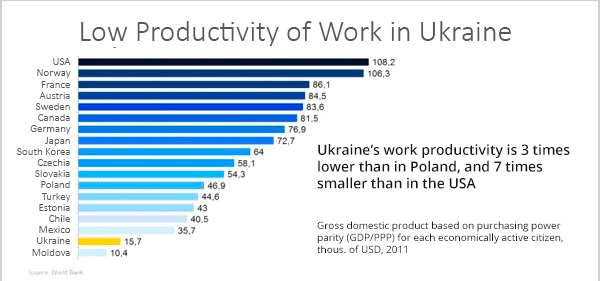
If one considers GDP per hour of time at work, accounting for variance in the average number of work-hours per year and the level of employment among different countries– we see that Ukraine ranks 56th place out of 63 countries classified by these principals. Ukrainians produce approximately $5 in value per work-hour.
That is approximately of one-third of Poland’s or Russia’s value produced per work-hour, and approximately 5% of Switzerland’s value produced per work-hour.
But what is connected to this?
Hypothesis No.4: “Ukrainians lack motivation and professional skills for intensive and effective labor”
As the results of a global Gallup Poll showed, nearly two-thirds of all workers in the whole world (63%) are not interested in their work and feel dissatisfied with it. 24% of workers are extremely dissatisfied with their work and feel misfortunate with regard to their choice of profession. They are unproductive and antagonistic to their employers. In total both of these categories – dissatisfied and extremely dissatisfied workers – make up 87% of all employees on earth.
In other research, we see that, among different factors, Ukrainians are least satisfied with their salaries and wages.
Top 4 Factors of Satisfaction Ukrainians Derive from their Work: 80% from their work groups; 75% from their sphere of occupation; 57% from their work/life balance; 45% from their salaries and wages.
According to the Global Competitiveness Report of the World Economic Forum, Ukraine, among 144 countries, ranks 72nd in quality of its system of higher education and 88th in the quality of its teaching of administrative sciences. Ukraine ranks 80th place in the effectiveness of its labor market. Moreover, the deficit of competent workers does not stimulate Ukrainian companies to arrange education for their own workers. Ukraine ranks only 92nd in this indicator.
A paradox emerges: the competence of Ukrainians is low, just like their motivation – but Ukrainian companies do not rush to teach their workers new skills or motivate them in their work. In other words, competence and motivation of workers do not currently contribute to increased profits for Ukrainian business.
How is this possible?
Hypothesis No. 5: “Ukraine lacks high-tech, effective businesses with modern equipment which require qualified, motivated employees”
Total ineffectiveness dominates all branches of the Ukrainian economy.
Ukrainian industrial technology lags by 1/3 (on average) behind the level of an average EU country’s industrial technology. Only 6% of all Ukrainian industrial products are high-tech exports. At the same time, among progressive countries, this number is somewhere between 20% and 49% (Great Britain – 22%; Switzerland – 26%; France – 25%; South Korea – 26%; Malaysia – 44%; Singapore – 45%; Philippines – 49%).
People’s time and knowledge are unappreciated: nearly 40% of those employed in industry work in the manufacturing of low-tech goods.
Ukraine ranks 81st place in the world in innovation, according to the World Economic Forum.
The fundamental indicators of technological readiness of Ukrainian business lag markedly behind those of developed countries. Ukrainian businesses do not establish automated systems of management (ERP, CRM), they do not reach international standards of quality control (ISO 9000) and they do not invest in scientific development nor finance innovation.
This is where the economic ineffectiveness and low level of added value begins.
Thus contemporary Ukrainian business hardly needs an introduction of new technology, and there is no stimulus for establishing businesses and enterprises in new sectors of the economy.
It seems that we have now covered multiple causes for Ukrainian poverty.
Hypothesis No. 6: “The majority of businesses in Ukraine specialize in the manufacture of products of low added value. The reason for Ukrainian poverty is the structure of the national economy”
The Ukrainian economy does not manufacture enough goods Ukrainian need for a comfortable daily life. Thus fuel, clothes, household appliances, cars, equipment, medicine, hygiene products, furniture and information products are all overwhelmingly imported into Ukraine from abroad. But to buy imports, it is necessary to have currency, which can only be received by exporting things abroad.
If not enough is sold, or only raw materials with low added value are sold, then it is not possible to purchase imports. Metal, ores, transit fees, grain, meat, and liquor – this is what Ukraine exchanges for high-tech foreign imports. 82% of Ukrainian exports are formed from low-tech sectors of the economy. 36% of exports are raw materials. To modernize these sectors is usually possible, but their innovation potential is naturally limited. More than that, production in these sectors brings an a priori low added value.
When one considers the overwhelmingly low-tech secondary/industrial sector of the Ukrainian economy, and also the low proportion of innovative enterprises in the tertiary economy, it becomes at last possible to understand the true causes for Ukrainian poverty.
Conclusions
The total poverty of Ukrainians depends only in small part on the extent of the shadow economy, or on the high level of inequality and the oligarchs’ monopoly of state assets, land, and mineral resources. The redistribution of wealth from rich Ukrainians to the poor would not improve this situation – there are too few rich Ukrainians, and compared with Global Magnates, Ukrainian oligarchs are simple beggars.
Ukrainian workers are under-qualified, ineffective and unmotivated to work. Though they work a lot, they produce little. Neither education nor an increase in working hours will help contemporary Ukrainians produce more because the majority of businesses in Ukraine are low-tech and oriented on the extraction of raw materials. In these conditions educated workers leave Ukraine to never return, because there are simply no businesses in their homeland which can utilize their skills.
Ukrainian business adapted itself to such a state of affairs. It found its small niche in the production of raw materials and has no incentive to expand its technology nor to reorient itself to the production of goods and services of added value. [...]
Read more:
- James Gwartney: Ukrainians are successful everywhere except their homeland
- Reforms in Ukraine: success or a farce?
- Poverty and slavery as the basis of separatism in Donbas
- Education reforms lead to newer, better, regional
- Ukraine will be a European country in a few decades time, but poor for many years to come – economist
- Russia brings only poverty
- Why Europe should support a “Marshall Plan” for Ukraine
- Why Ukraine is just like your country: the post-Euromaidan perspective
- Three years after Euromaidan, what changed in Ukraine?
- How a German journalist supports the elderly in Ukraine
- Poverty and slavery as the basis of separatism in Donbas
- The trap we managed to escape


